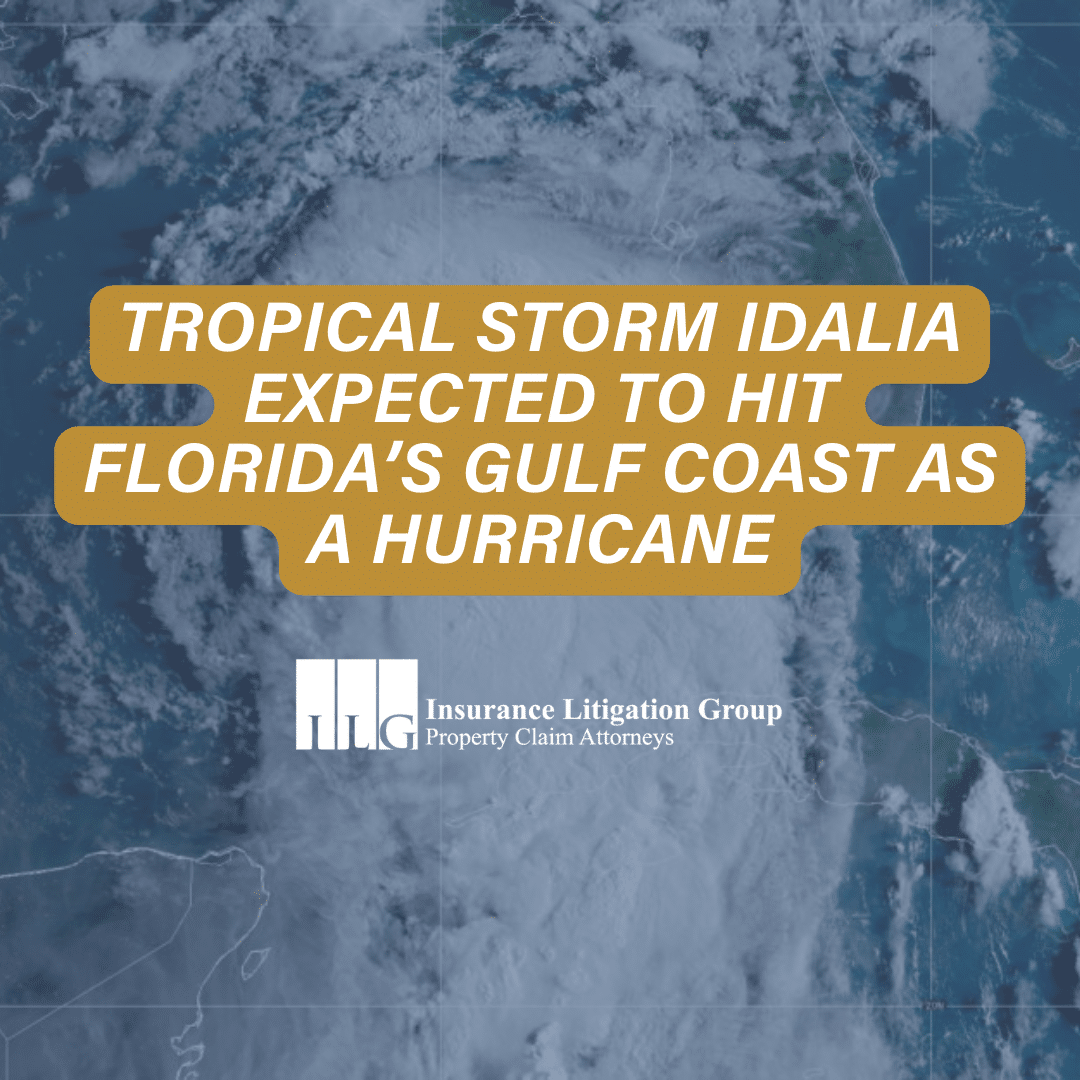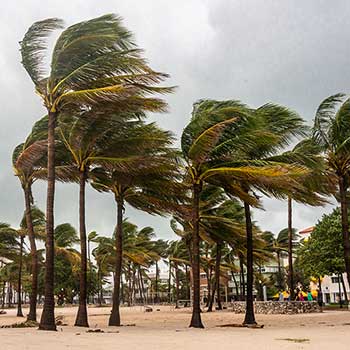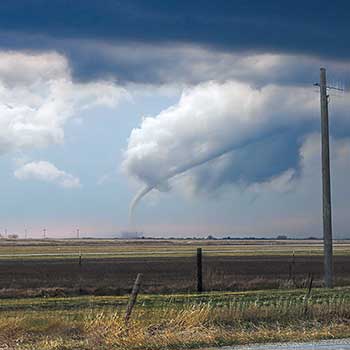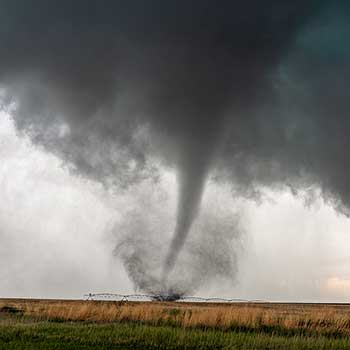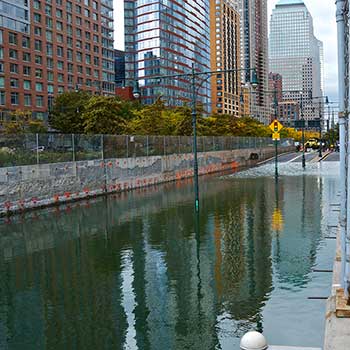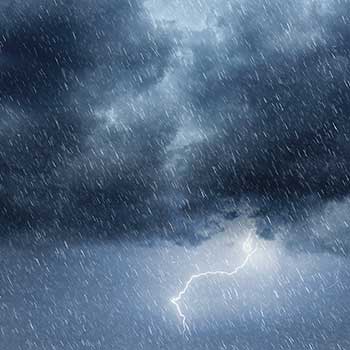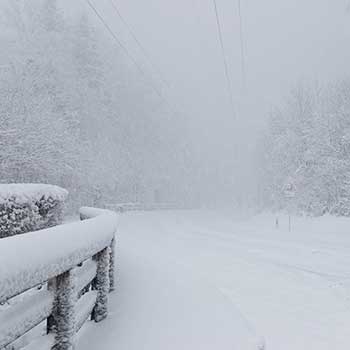Tropical Storm Idalia was expected to intensify as it neared western Cuba, and forecasters expected it to strengthen into “a dangerous major hurricane” by the time it reached Florida’s Gulf Coast late Tuesday (August 29) or early Wednesday (August 30).
At least one county in Florida has already issued an evacuation order for some residents, and Gov. Ron DeSantis said additional evacuations would be likely as the storm nears. Pasco County, just north of Tampa, ordered people living in low-lying areas and mobile homes to leave, and urged other residents to as well.
The storm is expected to strengthen slowly on Monday (August 28) as it moves into the Gulf of Mexico, but confidence is high among forecasters that rapid intensification will occur Tuesday, turning this storm into a category three hurricane with winds of 115 miles per hour or more.
“This is going to be a major hurricane,” said Gov. DeSantis, warning everyone in the storm’s path to make preparations.
“Floridians, you need to be executing your plans now,” he said Monday morning. “Late Tuesday, early Wednesday, it’s going to start to get really nasty.”
Idalia’s exact landfall location will be difficult to predict, since the storm is expected to parallel the state’s west coast. Life-threatening storm surge and dangerous winds were likely for the west coast of Florida and the Panhandle as early as late Tuesday.
(Meanwhile, another storm, Hurricane Franklin, strengthened in the Atlantic, but was not expected to pose a serious threat to land.)
President Biden spoke with Gov. DeSantis and approved an emergency declaration for Florida as the storm approaches, according to the White House.
Gov. DeSantis said that evacuation orders and school closures would be issued along the Gulf Coast.
The governor urged people to heed any warnings from local officials, including evacuation orders, but said that people didn’t need to go very far or even leave the state. “It’s not necessary to outrun the storm,” Gov. DeSantis said. “Just get to higher ground.”
“Evacuate tens of miles not hundreds of miles,” said Kevin Guthrie, the executive director of Florida’s Division of Emergency Management. He added that people in low-lying communities would need to evacuate because of the danger of a storm surge.
Storm surge watches were in effect for parts of Florida on Monday, as well as a hurricane watch extending from Englewood to Indian Pass, and including Tampa Bay. Hurricane watches were also in effect for Cuba. (A storm surge watch means there is a possibility of life- threatening inundation.)
A tropical storm watch was also issued from the Gulf Coast south of Englewood, which is about 80 miles south of Tampa, to Chokoloskee, a community roughly 65 miles south of Fort Myers, while a storm surge watch was in effect from Chokoloskee to Indian Pass.
“The hazards absolutely will extend beyond the cone,” Jamie Rhome, deputy director of the National Hurricane Center said, referring to the forecast maps showing the storm’s potential path. “Do not focus exclusively on the cone to determine your risk.”
“This is absolutely going to impact the state of Florida in many different ways,” Gov. DeSantis said, warning that people in the path of the storm would probably lose power, but that people outside of the cone could also experience severe impacts. (Here’s how to safely use a generator.)
Idalia, pronounced ee-DAL-ya, also threatens to bring heavy rains to Georgia and the Carolinas, forecasters said.
The Florida Division of Emergency Management told residents to keep their gas tanks at least halfway full.
The state mobilized 1,100 members of the National Guard, which has 2,400 high-water vehicles and 12 aircraft ready for rescue efforts. Electric companies will have workers on standby starting on Monday.
Preparation is the most important part of Hurricane season. There are certain items that may or may not be covered after a storm, that’s why it’s important to be prepared and have a property insurance claim professional on your side.
We are a client-focused law firm that fights aggressively on behalf of residential and commercial policyholders, contractors, restoration and mitigation companies, to produce maximum recovery results from insurance companies through our unique expertise, deep understanding of insurance law, cutting edge technology and proactive approach to litigation.
Insurance Litigation Group serves clients across the state of Florida. With over 5 offices statewide, our attorneys have the knowledge, skills and experience to resolve your dispute against the insurance company.
